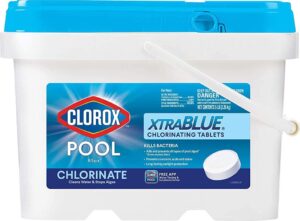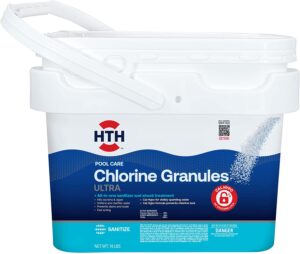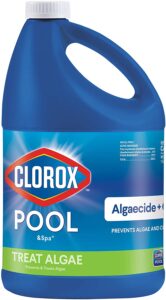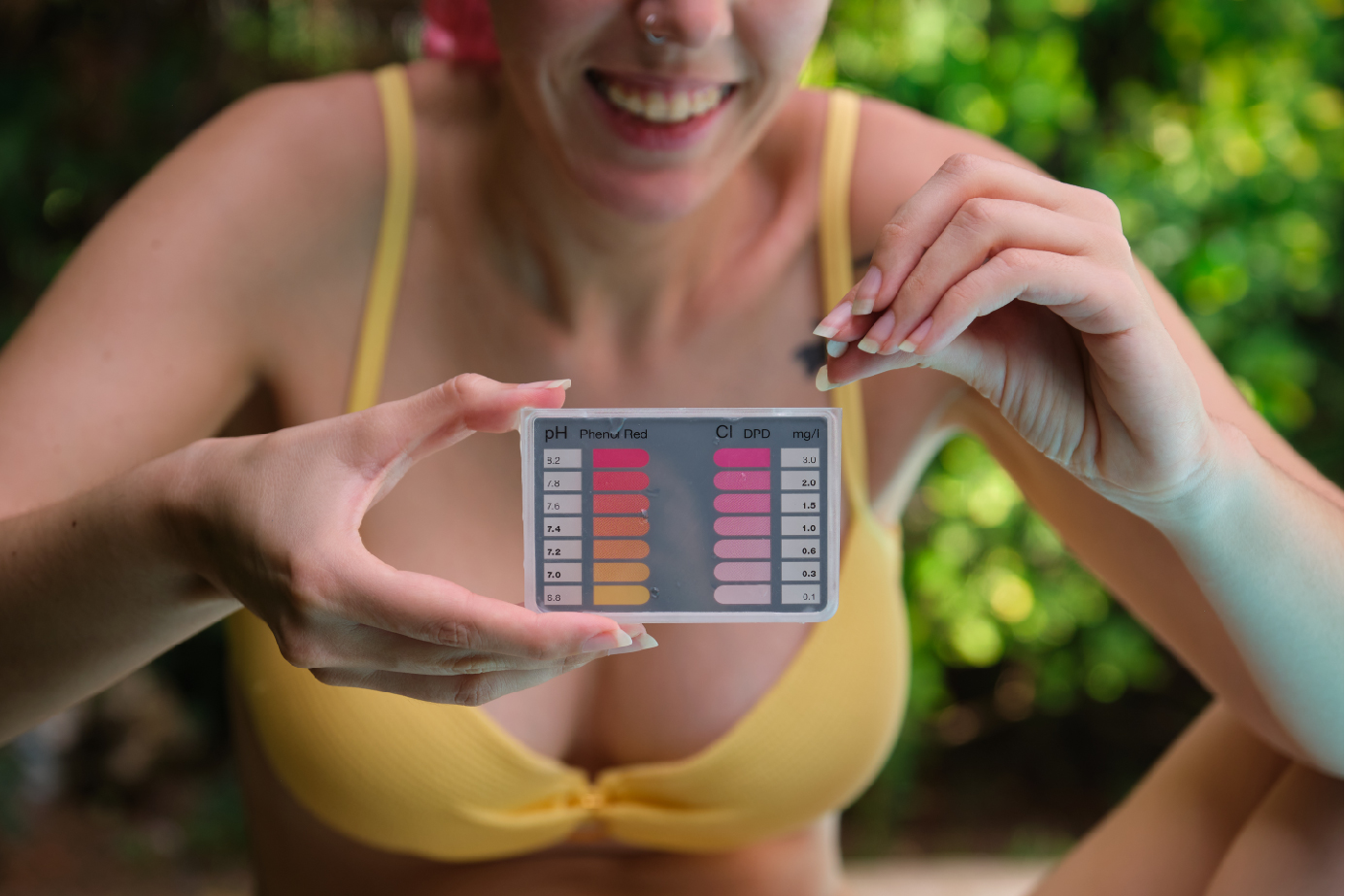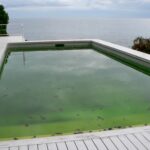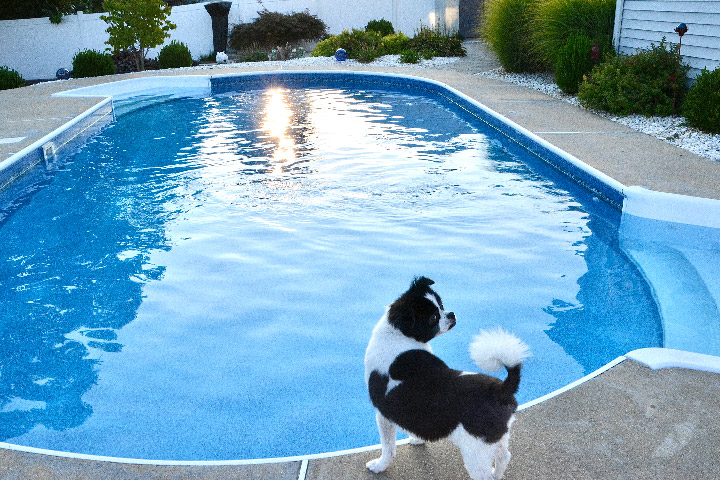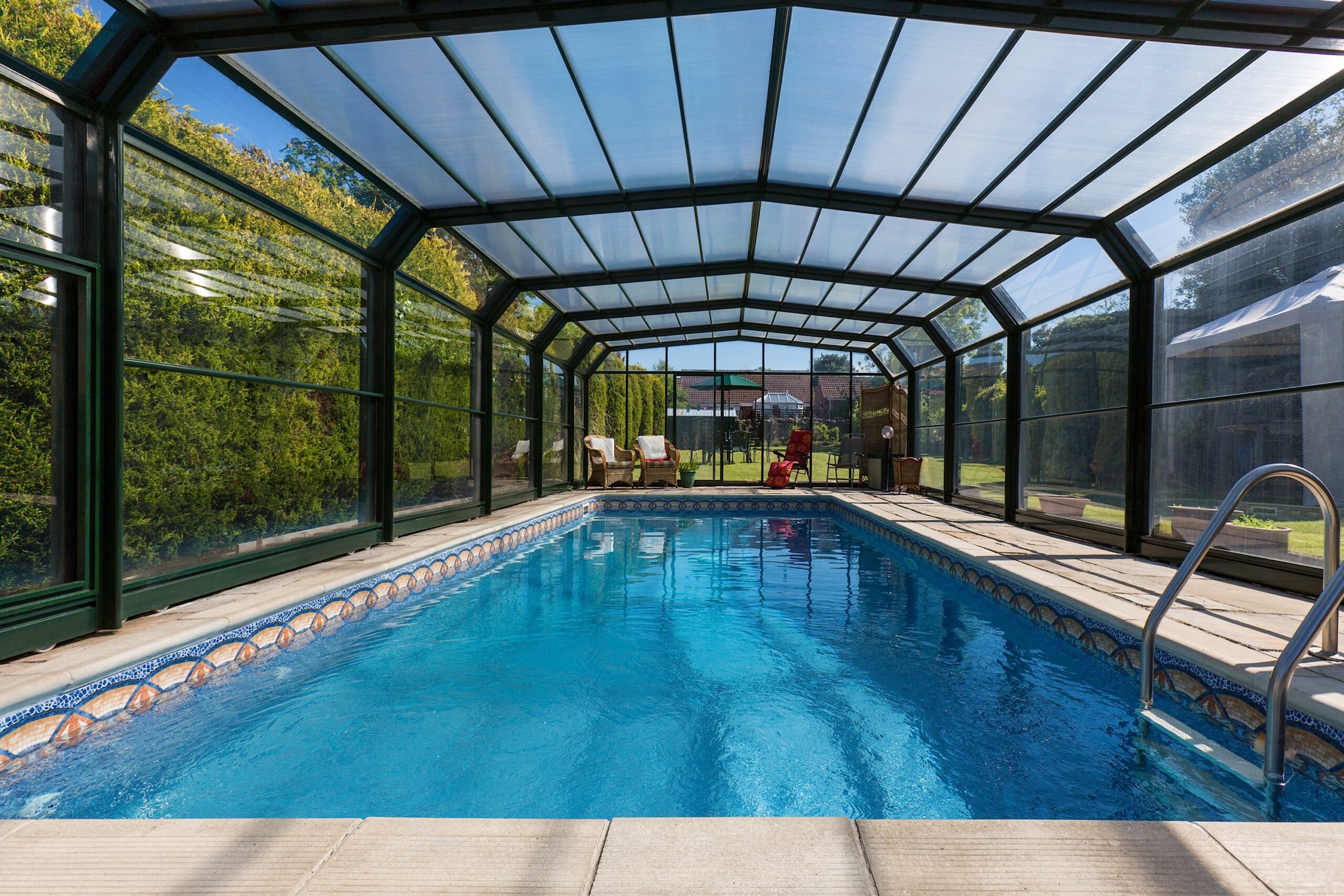
Chlorine vs. Hydrogen Peroxide: Why Chlorine Reigns Supreme as a Swimming Pool Sanitizer
Maintaining clean and hygienic swimming pools is crucial for the health and safety of swimmers. Among the many sanitizers available, chlorine and hydrogen peroxide are two popular choices. This article will delve into the reasons why chlorine is considered a better sanitizer for swimming pools compared to hydrogen peroxide.
Powerful Oxidizing and Sanitizing Capabilities
Chlorine is a highly effective oxidizer, destroying organic matter such as bacteria, algae, and other contaminants by breaking down their cell walls. This powerful oxidizing action also helps to remove swimmer waste, such as body oils, sweat, and urine. Hydrogen peroxide, though an oxidizer as well, is less effective in maintaining the water quality and requires a higher concentration to match the sanitizing capabilities of chlorine.
Stability and Persistence
Chlorine’s stability and persistence in pool water make it an ideal sanitizer. It maintains its sanitizing properties for a longer period, ensuring consistent water quality. Hydrogen peroxide, on the other hand, breaks down quickly in the presence of sunlight and loses its sanitizing power. This means that pool owners must add hydrogen peroxide more frequently, making it less convenient and cost-effective.
Easier Measurement and Control
Chlorine levels in swimming pools can be easily measured and controlled using commercially available test kits and automatic systems. This allows pool owners to ensure that the water is consistently safe and sanitized. Hydrogen peroxide levels are more challenging to measure and maintain, as there are fewer commercially available testing options and no widely accepted standard levels for pool sanitation.
Proven Effectiveness Against a Wide Range of Microorganisms
Chlorine has a long history of use in swimming pool sanitation and has proven effective against a wide range of harmful microorganisms, including bacteria, viruses, and protozoa. Hydrogen peroxide has not been as extensively studied for pool sanitation, and its effectiveness against certain microorganisms, such as Cryptosporidium, is still uncertain.
Algae Control
Algae growth is a common problem in swimming pools, and chlorine is highly effective at inhibiting and killing algae. It achieves this by disrupting the algae’s cellular processes, preventing growth and reproduction. Hydrogen peroxide, though it can kill algae at high concentrations, is less effective in controlling algae growth in pools, often requiring the use of additional algaecides.
Compatibility with Other Pool Chemicals
Chlorine is compatible with most other pool chemicals, such as pH adjusters, clarifiers, and algaecides, simplifying the pool maintenance process. Hydrogen peroxide, however, can react with certain chemicals, producing undesirable byproducts and reducing its effectiveness as a sanitizer.
While hydrogen peroxide is a viable option for some swimming pool applications, its limitations in terms of effectiveness, stability, measurement, and compatibility make chlorine the preferred choice for most pool owners. Chlorine’s powerful sanitizing and oxidizing capabilities, combined with its proven track record and ease of use, make it the superior choice for maintaining clean, safe, and enjoyable swimming pools.

